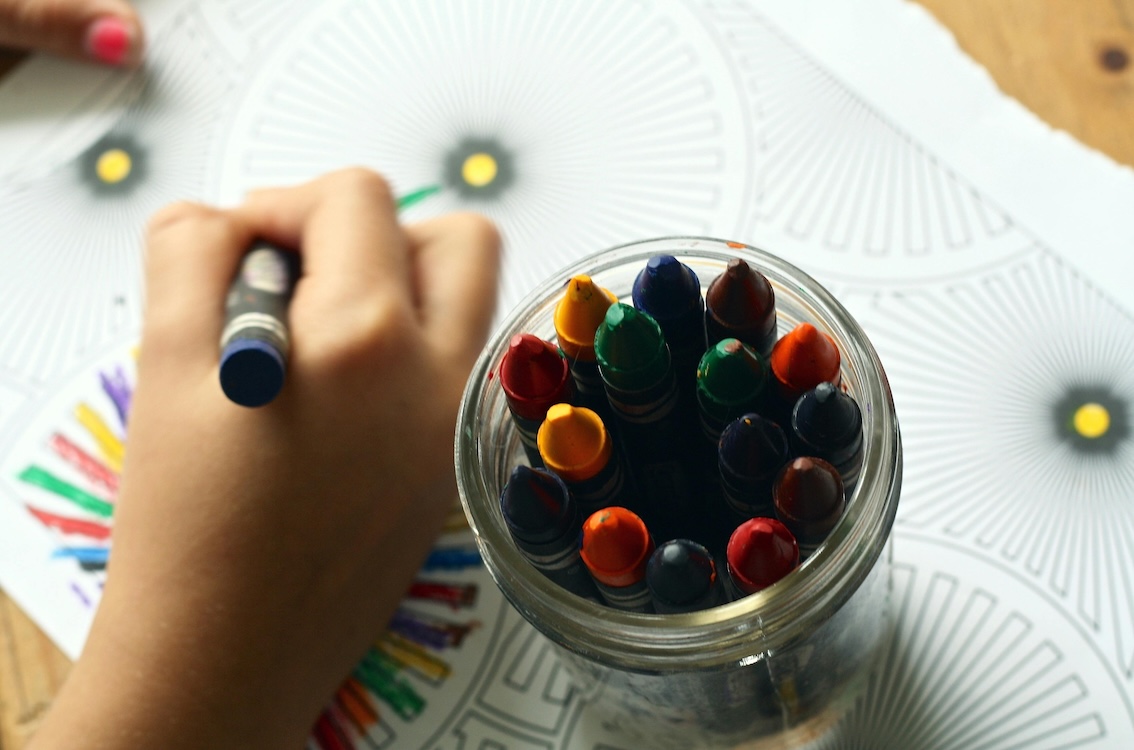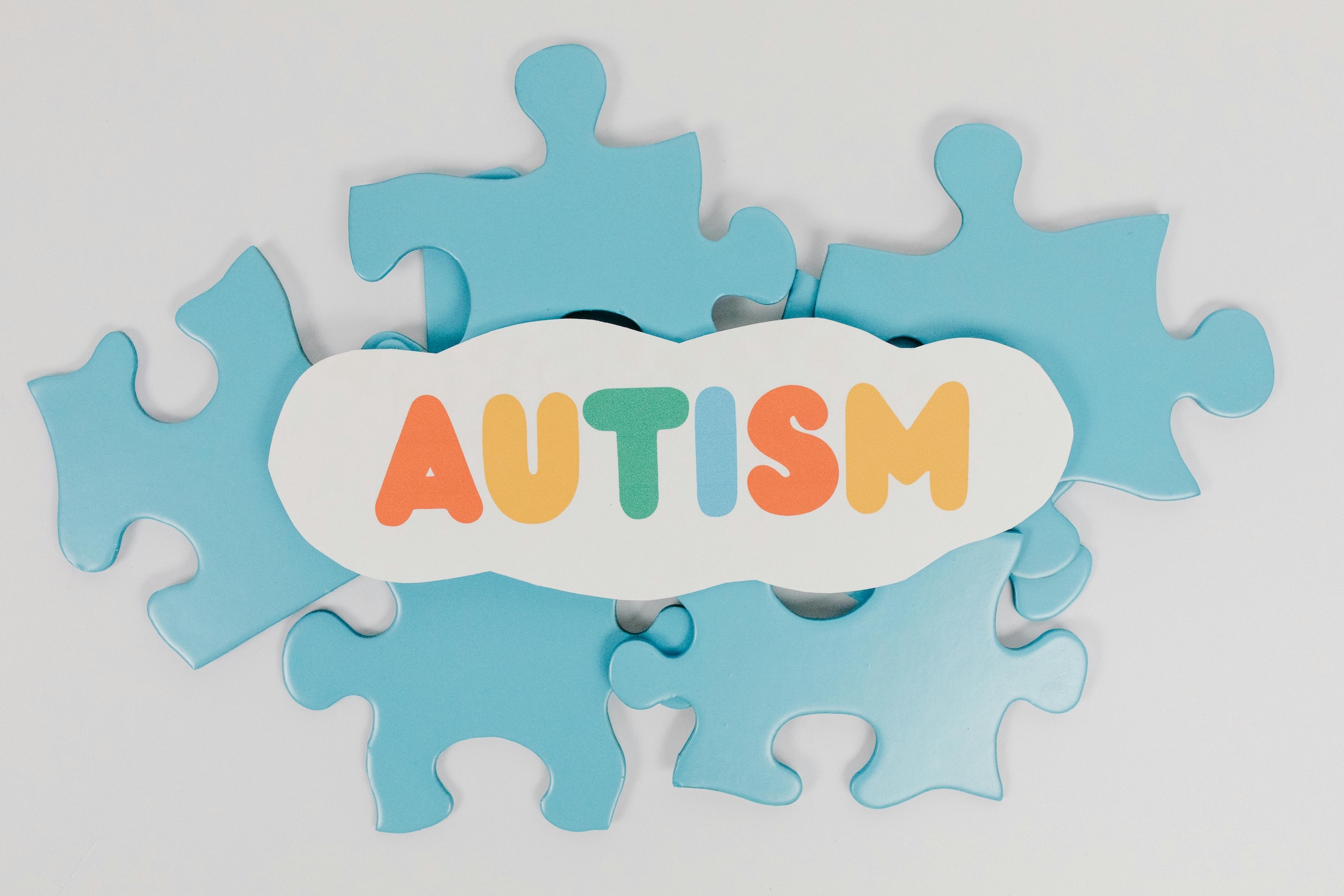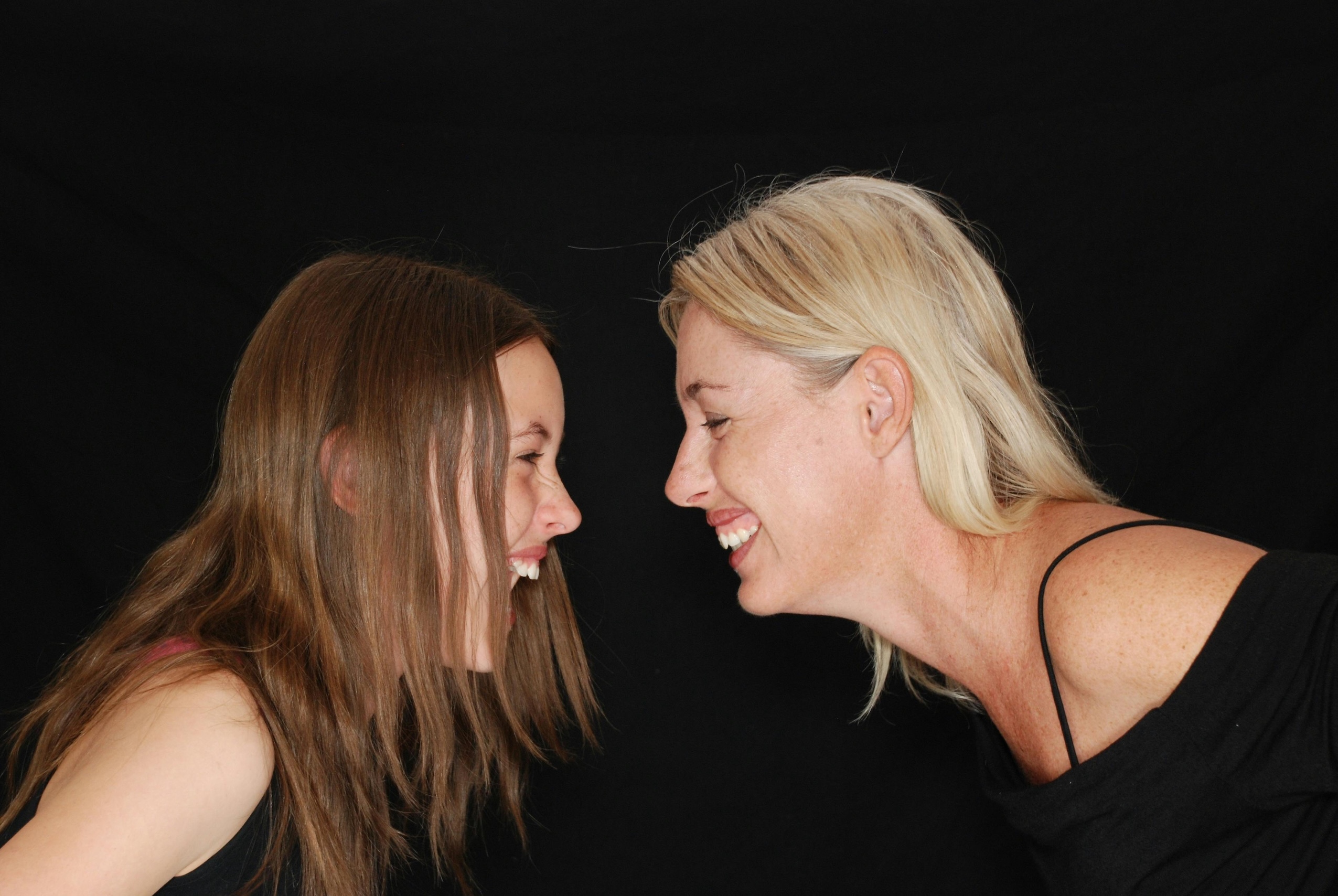
If you’re parenting an autistic teenager and anxiety feels like it has suddenly taken over your family life, you’re not imagining it and you’re certainly not alone.
For many parents, adolescence marks a turning point.
The child you’ve known and supported for years begins to struggle more intensely. Anxiety increases. Emotions feel bigger. School becomes harder. Relationships feel more fragile. And parenting which once felt instinctive, starts to feel uncertain.

Many parents of autistic teenagers tell me that one of the hardest parts of adolescence isn’t the anxiety, the school struggles, or the emotional intensity.
It’s the loss of confidence.
Parents who once felt intuitive and steady begin to question every decision:
– Am I pushing too hard?
– Am I being overprotective?
– Should I step in… or step back?
This self-doubt doesn’t mean you’re doing something wrong.
It often means the context has changed.

(Derby • Matlock • Chesterfield • Sheffield • Belper • Ashbourne)
When you’re worried about your child, the search for answers can feel overwhelming. Many parents I meet from Derby, Matlock, Chesterfield, Sheffield, Belper and Ashbourne describe feeling unsure where to start, confused by mixed information online, and worried about whether they’re “doing the right thing”.

I often hear from parents: “My child has been diagnosed with ADHD… but I still wonder if there’s more to it. Could they also be autistic?”
It’s such a valid question. ADHD can sometimes mask autism, and the reverse can also be true. Both are neurodevelopmental conditions with overlapping traits, and it isn’t always straightforward to untangle them. If you’re feeling unsure, you’re not alone. Many families find this part of the journey confusing.

In the UK, education is often framed as a high-stakes journey. From SATs in primary school to GCSEs and A-Levels, the pressure builds year on year. By the time teens reach secondary school, many feel as though their entire future hinges on exam results.
Grades can open doors to further education and career opportunities — but the relentless focus on achievement comes at a cost. One that is rarely discussed: the emotional and psychological impact of exam pressure on young people.

“I want to go to school… but I just can’t.”
If you’ve worked with, or are the parent of a teen experiencing Emotionally Based School Avoidance (EBSA), this may be all too familiar.
These young people often desperately want to attend school but find it overwhelming, exhausting, or emotionally unsafe. It’s rarely about not wanting to learn. More often, it’s about surviving each day without their nervous system tipping into shutdown.

If you’re the kind of parent who reflects deeply, loves fiercely, and is doing everything you can to support your struggling teen — yet still finds yourself lying awake thinking, “Am I getting this wrong?” — you’re not alone.
Parental guilt is incredibly common, especially when you’re supporting an anxious or neurodivergent child. But that doesn’t mean it’s always telling the truth.
Let’s explore what guilt might really be about — and how to meet it with kindness, not criticism.

If you’re parenting a child or teenager who struggles with anxiety, school attendance, or emotional overwhelm, chances are your own nervous system is stretched too. Maybe you find yourself snappy and irritable one moment, numb and detached the next. Maybe you can’t switch off, even when nothing is “happening.”

If you're considering an autism assessment for your child, you might feel unsure about the process. It's natural to wonder what exactly will happen and how it will help your child. In this post, I'll walk you through what an autism assessment looks like here at Percuro Psychology, helping you feel clear, supported, and prepared.

If you're parenting an autistic teen who seems constantly overwhelmed, irritable, or quick to shut down, it can feel confusing and exhausting. You might find yourself wondering:
“Why are they so sensitive?”
“Why does the smallest thing set them off?”
“Why do they seem fine one minute, and totally unreachable the next?”
Page 1 of 3